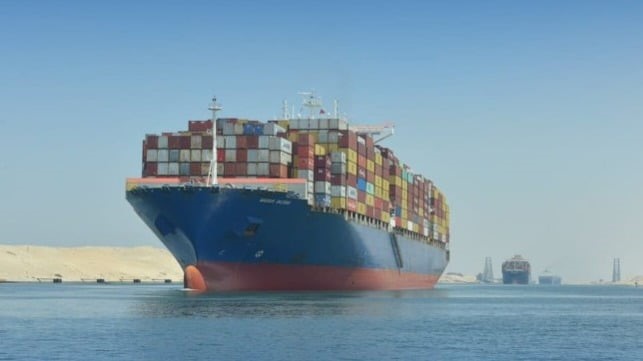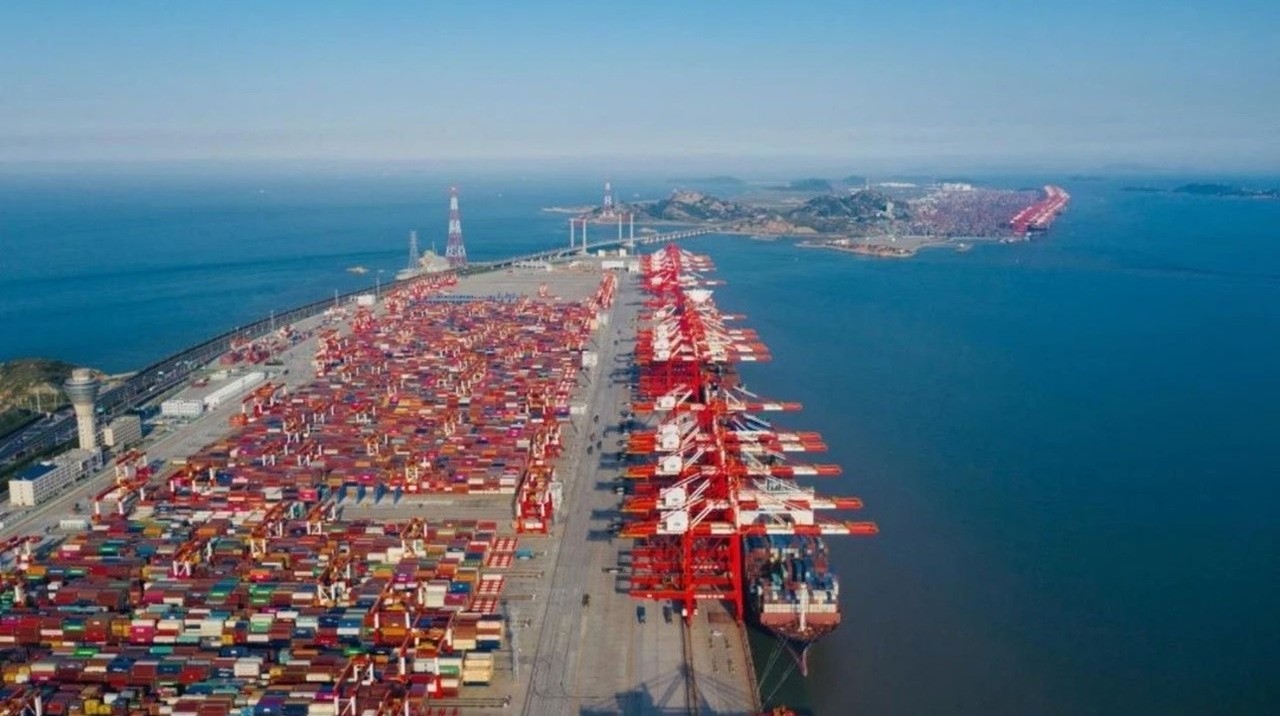
Egyptian Officials Cite “Severe Loss” At One Year Mark For Houthi Attacks
As the Houthis approach the first anniversary of their assaults on commercial shipping in the Red Sea, Egyptian officials have quantified the significant economic damage inflicted on the country. During a meeting with Arsenio Dominguez, the Secretary-General of the International Maritime Organization (IMO), Egypt emphasized the detrimental effects of these attacks and reaffirmed its commitment to ensuring freedom of navigation in this crucial maritime corridor.
Dominguez visited the Red Sea region to engage with leaders from Djibouti, Egypt, Oman, Saudi Arabia, and Yemen, discussing the current maritime situation. He stated that his trip aimed to express support for freedom of navigation and to highlight concerns for innocent seafarers caught in the conflict.
Egypt has experienced a dramatic decline in transit traffic through the Suez Canal, which has dropped by 60 to 70 percent from previous record levels. This decline has led to the diversion of most containerships and all cruise ships, with an increasing number of bulk carriers, tankers, and car carriers also rerouting. This situation persists despite efforts from the U.S. and EU to maintain navigation and counter Houthi attacks. Fortunately, there has been a notable decrease in missile and drone strikes in recent months, with extended intervals between incidents.
Foreign Minister Badr Abdel Aati reported that the loss of maritime traffic has cost the Egyptian economy approximately $6 billion over the past year, underscoring the vital role that canal revenues play in the nation’s financial stability.
The anniversary of the Houthi attacks is especially poignant, as it marks nearly a year since Houthi forces boarded the car carrier Galaxy Leader on November 19, 2023, taking its crew hostage. Dominguez aimed to draw attention to the plight of these captives, despite efforts by the Philippines and other nations to secure their release.
Egyptian officials reiterated their commitment to maintaining open transit through the Suez Canal, responding to recent public outcry over the sighting of an Israeli warship transiting the canal. They cited the Constantinople Convention of 1888, which guarantees free passage for all vessels, regardless of nationality, in times of peace and war. The Suez Canal Authority affirmed its legal and moral obligation to uphold this agreement.
In contrast, the Houthis celebrated their assault campaign’s anniversary by claiming responsibility for targeting 202 ships, which they described as a significant achievement. A spokesperson for the group vowed to continue their attacks, indiscriminately targeting vessels associated with companies that trade with Israel.
Vincent Clerc, CEO of Maersk, indicated that his company, along with the newly formed Gemini Cooperation with Hapag-Lloyd, anticipates that disruptions will persist well into 2025. This alliance has finalized routing plans that focus on diversions around Africa. Meanwhile, other shipping carriers continue to selectively send vessels through the Red Sea and Suez Canal, albeit with delays as they await naval escorts for enhanced security.


